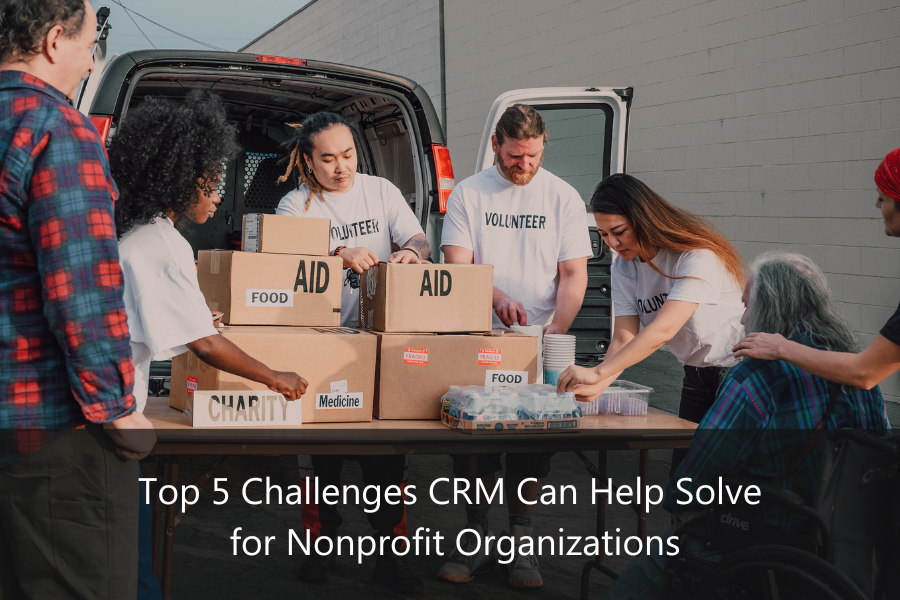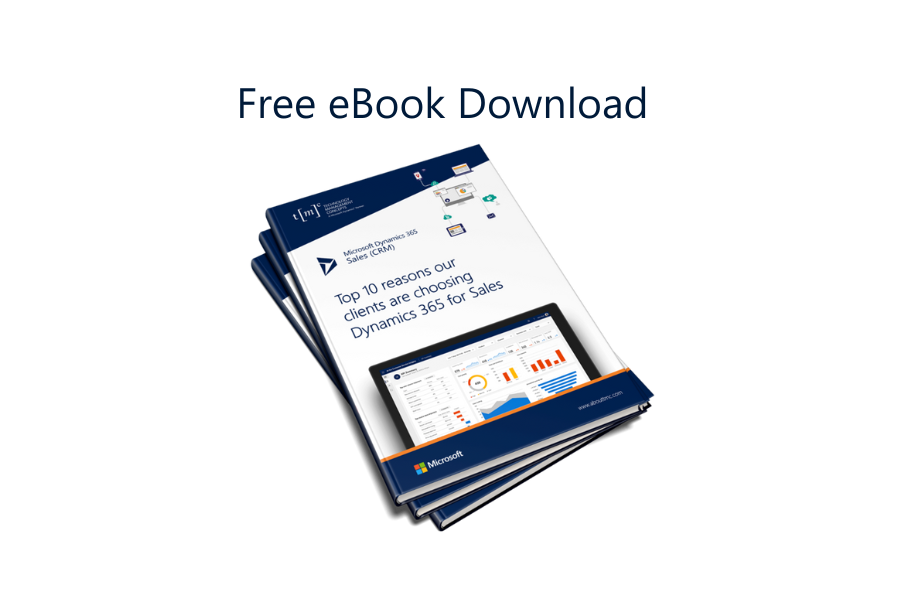The main goal of a CRM system for nonprofit organizations is to manage relationships and create long-lasting connections with their members, constituents, donors, sponsors and other contributors. A CRM system is a centralized repository for relationship data which is the backbone of nonprofit organizations.
This data can then be used to identify trends, increase marketing effectiveness and provide a deeper understanding about its members and connections.
Below are the top 5 challenges that a CRM system can help solve for nonprofit organizations:
Challenge #1: High Manual Effort
It's common to find that many administrative processes are being handled manually whether it's paper lists, manually-maintained spreadsheets or repetitive manual data entry into multiple different systems. These tasks add up and can become time-consuming and inefficient. Teaching these manual process to newly onboarded staff is also complex. Time is being spent on manually maintaining the data instead of building stronger relationships and analyzing the data to help make decisions.
The use of manual tools requires more time and effort to complete simple tasks. A CRM system will minimize manual processes and save time and resources. CRM helps organizations reach their members and contributors and communicate important information quickly through improved workflow processes.
Challenge #2: Disparate Systems
It's customary to have several systems to track various aspects of an organization's processes (e.g. operations, finance, etc.). Unfortunately, it's also common that these systems aren't connected. This often results in reporting challenges, misaligned or inconsistent data, and the lack of a full picture view into the organization's members and contributors.
Adding some integration between CRM and ERP systems would alleviate the need for multiple manual updates, reduce user error from manual data entry, improve data visibility (users will see what they need to see in the system they work in on a daily basis) and provide better reporting capabilities.Challenge
#3: Decentralized Data
Often, data is kept in different places and accessing that data can become time-consuming and sometimes downright impossible. Reporting also becomes a complicated exercise to gather and consolidate data from multiple sources.
A CRM system is a great solution to store all the information in one place and provide simple and quick access to data. Due to CRM's ability to have different record types and statuses, CRM helps organize data to make it easily accessible, searchable and viewed. Data can include contact information, contributor interests, communication preferences, dates of past donations, membership renewal dates, events they've sponsored or attended, emails they've been sent and more! Having all of this information within easy reach will allow team members to focus on more important tasks and get more value out of their data.
Challenge #4: Lack of Automation
Many routine tasks are still being handled manually and rely on notes, reminders and employee memory to ensure they get done. This includes tasks such as followup emails, membership renewals, donation campaign reminders, surveys, newsletters and many more. These tasks could easily be automated so they don't slip through the cracks and actually help nurture relationships with members and contributors. Automating these types of tasks will save time and resources, and maybe more importantly, ensure a consistent member experience.
Challenge #5: Lack of visibility on Leads and Potential Forecast
A CRM system allows organizations to check for potential leads by classifying each contact based on past contributions to determine if and when to include them in any upcoming outreach activities. The system can provide automated notifications and follow-up emails as part of donation campaigns, event sponsorships, membership and other activities. Being able to leverage existing data can help an organization define outreach strategies and fundraising models. A CRM system can help calculate the level of future involvement based on recent interactions and contributions, donor and sponsor preferences or interests.
Related Resource:
10 Reasons our Clients are choosing Dynamics 365 for Sales (CRM)






